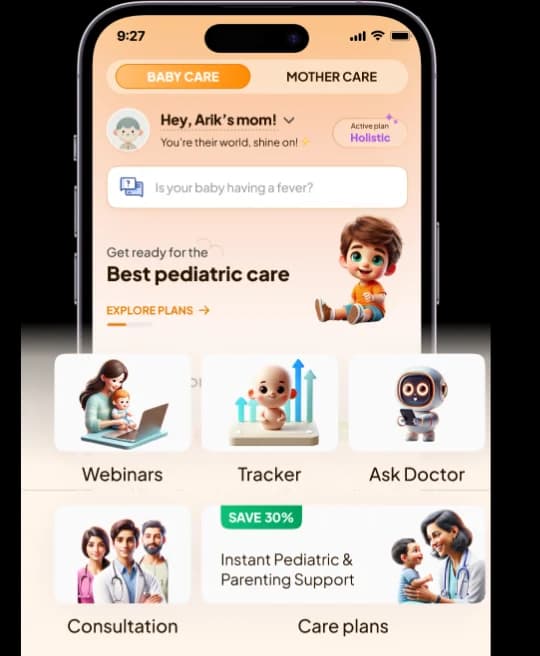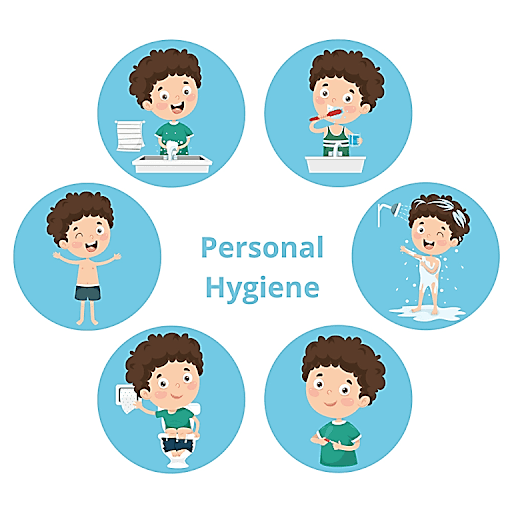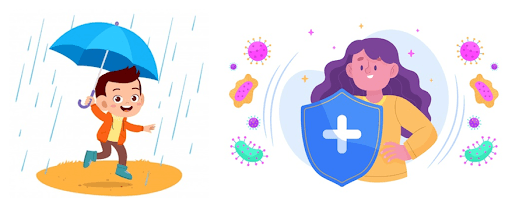
Urinary Tract Infections (UTI) In Kids
Last updated: January 2026
Quick Answer
Does my child have a UTI? If your child has painful urination, fever without other symptoms, frequent potty needs, or foul-smelling urine, a UTI is possible and requires doctor's evaluation.
Urinary Tract Infections are among the most common bacterial infections in children, especially girls. While UTIs are usually easily treatable with antibiotics, they shouldn't be ignored - untreated UTIs can spread to the kidneys and cause serious problems. The tricky part is that young children can't always explain their symptoms, so knowing the signs to watch for is important.






